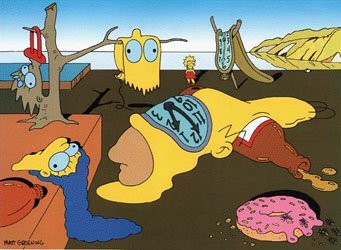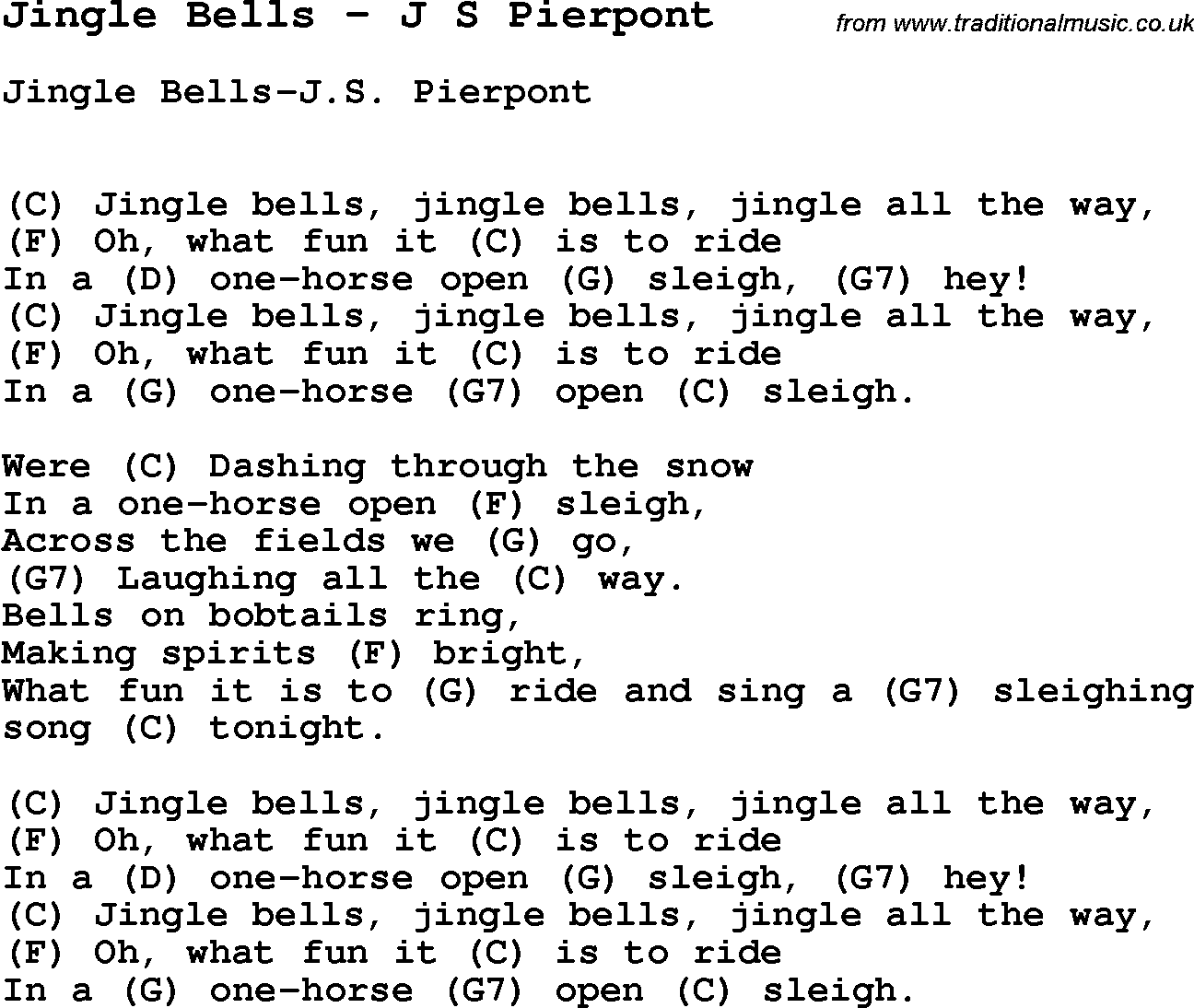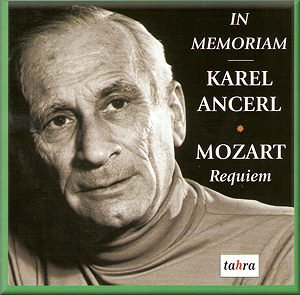
82) Narrator: one who narrates, or tells, a story

83) Naturalism: extreme form of realism

84) Novelette: short story; often satirical (not sure if it can be considered a short story)

85) Omniscient Point of View: knowing all things, usually the third person

86) Onomatopoeia: use of a word whose sound in some degree imitates or suggests its meaning

87) Oxymoron: a figure of speech that has two contradicting words in a phrase to create rhetorical effect

88) Pacing: rate of movement; tempo

89) Parable: a story designed to convey some religious principle, moral lesson, or general truth

90) Paradox: a statement apparently self-contradictory or absurd but really containing a possible truth

91) Parallelism: the principle that a sentence's structure ties into its function with a similar sentence

92) Parody: an imitation of mimicking of a composition or of the style of a well-known artist

92) Pathos: the ability in literature to call forth feelings of pity, compassion, and/or sadness

93) Pedantry: a display of learning for its own sake

94) Personification: a figure of speech attributing inanimate objects with human qualities

95) Plot: a plan or scheme to accomplish a purpose

96) Point of View: the attitude unifying any oral or written argumentation

97) Postmodernism: literature characterized by experimentation, irony, nontraditional forms, multiple meanings, playfulness and a blurred boundary between real and imaginary

98) Prose: the ordinary form of spoken and written language

99) Protagonist: the central character in a work of fiction

100) Pun: play on words:

101) Purpose: the intended result wished by an author:

102) Realism: writing about the ordinary aspects of life in a straightforward manner to reflect life as it is

103) Refrain: a phrase or verse recurring at intervals in a poem or song

104) Requiem: any chant, dirge, hymn, or musical service for the dead

105) Resolution: point in a literary work at which the chief dramatic complication is worked out

106) Restatement: idea repeated for emphasis (memes)

107) Rhetoric: use of language, both written and verbal in order to persuade

108) Rhetorical question: question suggesting its own answer or not requiring an answer

109) Rising Action: plot build up

110) Romanticism: movement in western culture beginning in the eighteenth and peaking in the nineteenth century as a revolt against Classicism; imagination was valued over reason and fact
 (Why is he up there? No one knows, why care, it's cool.)
(Why is he up there? No one knows, why care, it's cool.)
No comments:
Post a Comment